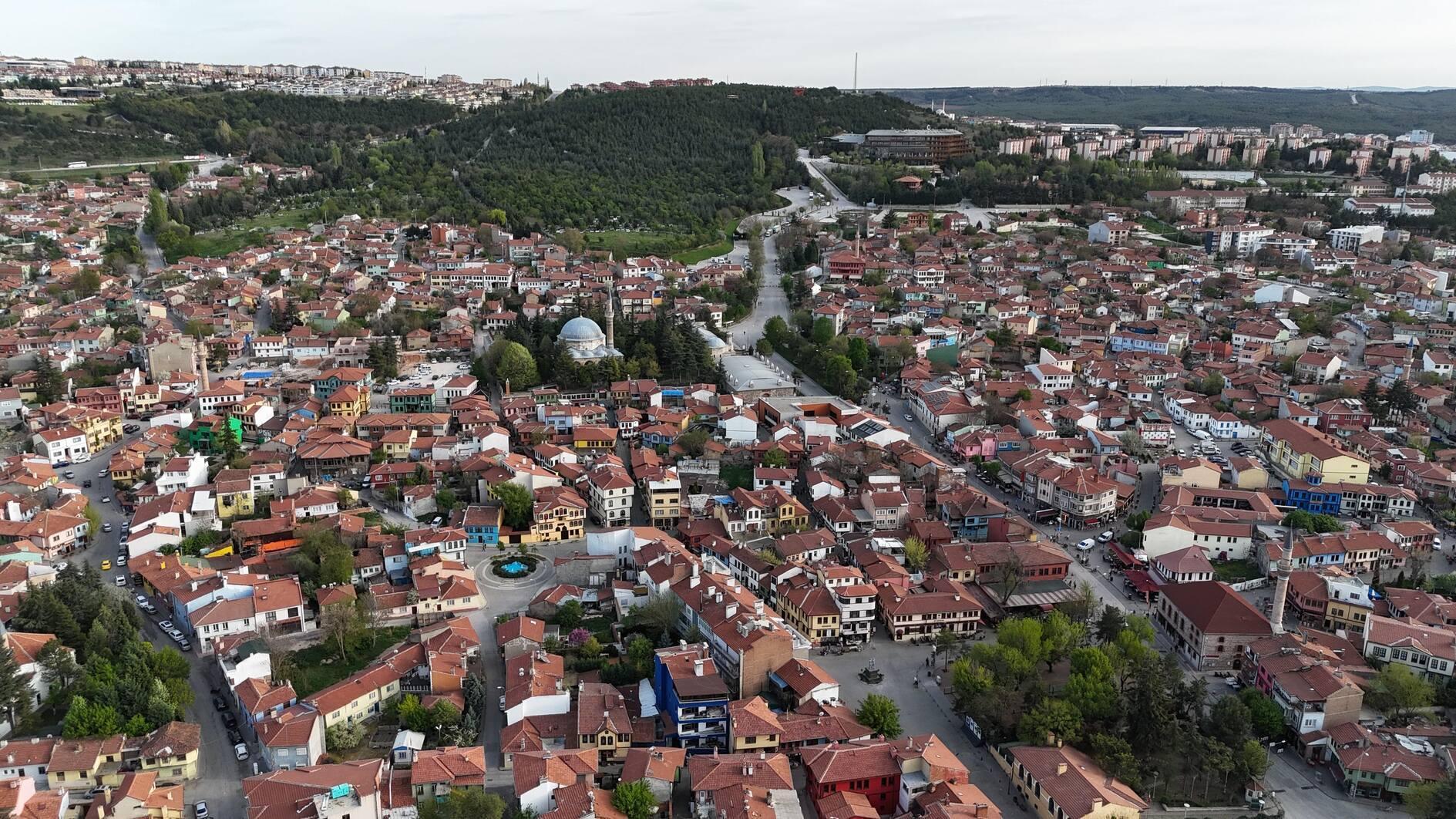Ten years on
Dec. 16, 2014 was an important anniversary in Turkey’s long and arduous road to the EU. Ten years ago on that day, the EU Council agreed that Turkey sufficiently fulfilled the Copenhagen political criteria and was ready to start accession negotiations with the EU for full membership. While Austria and Germany favored open-ended negotiations, possibly leading to privileged partnership, negotiations were finally launched on Oct. 3, 2005, with the shared objective of membership. Since then, 14 chapters out of 35 have been opened and only one has been provisionally closed. The last opened chapter was the “Regional Policy and Coordination of Structural Instruments” back in November 2013, after a three-year interruption. Then the negotiations quickly returned to its standby mode and no new chapter opened in 2014.
In fact, back in 2005, at the beginning of the negotiation process, Turkish leaders had declared the year 2014 as the deadline for the end of the negotiations and Turkey’s membership. One should admit that things have not progressed exactly as planned.
Gradually, the reform process stalled in Turkey; various EU members started to air their opposition more forcefully; Turkey became distracted with domestic and international developments; and the government lost it appetite for membership. Finally, after the EU Commission’s positive agenda of 2011 failed to reignite the lost fervor, the Turkish government declared 2014 as the “year of the EU” in order to pick up the pieces and rejuvenate the process if possible.
The new Minister for EU Affairs Volkan Bozkır announced a new strategy on Sept. 18 to demonstrate Turkey’s commitment for membership and eliminate various problems. While Turkey’s cosmetic steps have not been enough to re-energize the relationship, the visit of Federica Mogherini, the EU High Representative for Foreign Affairs and Security Policy, together with Enlargement Commissioner Johannes Hahn and Humanitarian Aid Commissioner Christos Stylianides on Dec. 8 briefly raised hopes.
Yet, not much changed. Turkey’s domestic political atmosphere leading to general elections in June 2015 once again intervened and stalled the process. The related issue of recent changes in Turkey’s criminal law and following the detention of a number of journalists and screenwriters also sparked a new debate in Europe. The following harsh exchanges of words between high-level officials of the EU and Turkey have not improved the status quo.
In the meantime, popular support among Turkish citizens for EU membership has been stabilized at around the 50-55 percent band. During the last 10 years, the relations have endured various obstacles in connection with the Cyprus problem, enlargement fatigue in Europe and reform fatigue in Turkey, the increase of xenophobic and anti-Islamic parties in Europe and the changing priorities of the Turkish government.
Although it looks futile at the moment to expect progress without a change in the political determinants of the relationship and no such change appears on the horizon, some still argue with somewhat an undue optimism that there a number of common challenges and opportunities in the shared neighborhood to encourage more cool-headed decision makers on both sides to focus on the benefits of the cooperation, rather than differences. Their enthusiasm seems to be based on the understanding that nobody wishes to see a train crash in the Turkey-EU connection. Yet, optimism is disappearing fast among the majority of the populations and experts watching the high-level officials from both sides trying to handle a particularly delicate tango move. Personally, I am increasingly leaning toward the pessimistic side, waiting at any moment to see one or both sides stumble down.











